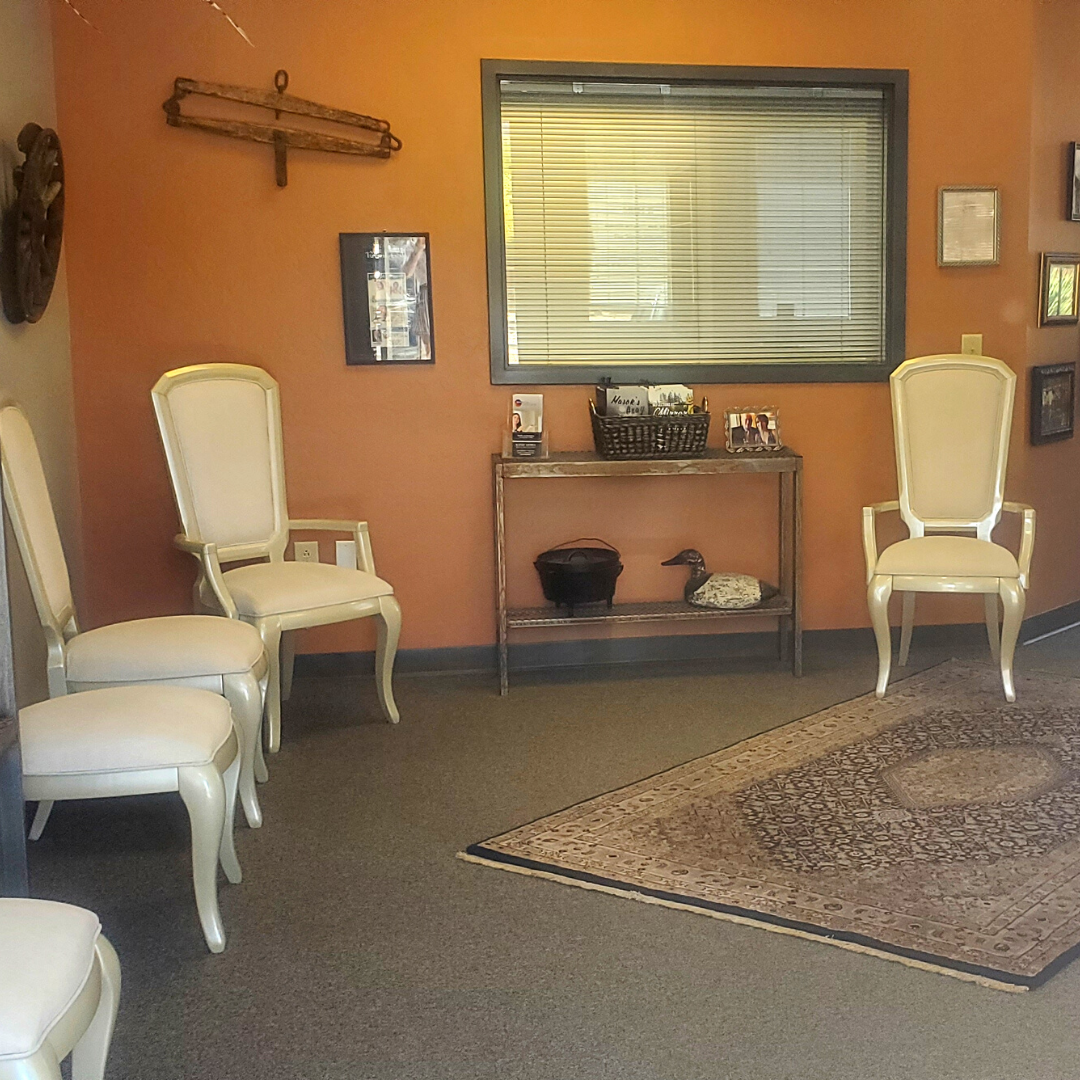Notice: Has your CPAP been recalled? We have a safe and effective therapy alternative.
Snoring Help | Sleep Apnea | Dental Device
Frequently Asked Questions
Yes. A patient must have been diagnosed with sleep apnea by a physician. These tests are usually done at home and are usually covered by insurance.
It is similar to a nightguard or orthodontic retainer except that it fits on both the top and bottom teeth.
We are able to get insurance benefits for more than half of our patients. There may still be co-pays or deductibles involved for some.
We offer cash discounts of 10-20% off of the base fee.
Dr. Goodwin’s fee to manage a case averages $2,200 and includes consultation, fabrication and delivery of a custom-made sleep apnea device, and any follow-up visits as needed for up to 90 days.
No. Compliance with dental devices used to manage sleep apnea is shown to be around 90%, which is 2-3 times higher than compliance with CPAP. It is uncommon that a person has significant discomfort, and often symptoms such as facial pain, headache, etc improve when using this therapy.
Unfortunately, it is very difficult to stabilize the lower jaw to open the airway if we don’t have natural teeth to attach to. A denture stabilized by dental implants may work just fine.
Most of our patients typically get five or more years of service from the device.
The device can usually be adjusted to fit around a newly restored tooth or crown without affecting the fit or function. There are limits to how much modification we can make and encourage our patients to begin our therapy with healthy, stable teeth and gums.
Success rates with oral appliance therapy are typically shown to be around 85% for mild and moderate sleep apnea cases and 75% of severe case will respond favorably as well.
No. No medical treatment or service is ever guaranteed to work. Though our success rates are very high, we occasionally have some patients who do not respond as well as others. We are often able to redirect them to have adjunctive therapy in addition to the dental device such as an ENT referral to improve nasal breathing, weight loss if needed, or supplemental oxygen therapy at night. These services would likely involve a referral to a physician familiar with how our therapy works.
Most patients notice subjective improvement in symptoms within the first few days using a dental device, including snoring, daytime fatigue, sleep quality, etc. Ultimately, most patients will be encouraged to have a follow-up sleep test, usually done at home, so that we have objective data to demonstrate improvement in breathing and blood oxygen levels. Your physicians will want to see this data as well.
Sleep apnea is simply defined as the inability to keep enough air moving during sleep to keep blood oxygen levels stable. Low oxygen has the potential to adversely affect nearly every organ system in your body including your heart and your brain. It may increase risk of heart attack, stroke, high blood pressure, dementia and much more. A person with unmanaged sleep apnea may have ten to twenty years decreased life expectancy.
Snoring is a common symptom associated with sleep apnea, but it is very uncommon that it is the only health issue present. Diagnostic testing at home is the only way to know.
Sleep apnea devices are not likely to cause any damage to a healthy TMJ. One may occasionally have some minor stiffness in the cheek muscles in the morning, or even a sore TMJ, but these symptoms are typically short-lived and don’t require treatment. It is very uncommon that a patient will have symptoms severe enough that they must discontinue this therapy. More often, people find that they feel significantly better when they use these devices.
No. Sleep apnea devices function to protect your teeth, much like a dental night guard would, though you may still need a filling or a crown replaced from time to time as a function of normal dental maintenance.
The most common side effect with using oral appliance therapy is that some of us will have a shift, or change in our bite. This occurs if the lower jaw begins to move forward over time. As many as a third of us using dental apnea devices will experience some degree of shift, though it often such a slow subtle process that they may not even be aware of it. It rarely progresses to the point that it needs treatment, and is actually reversible if you were to discontinue using the device.
FAQ Videos

